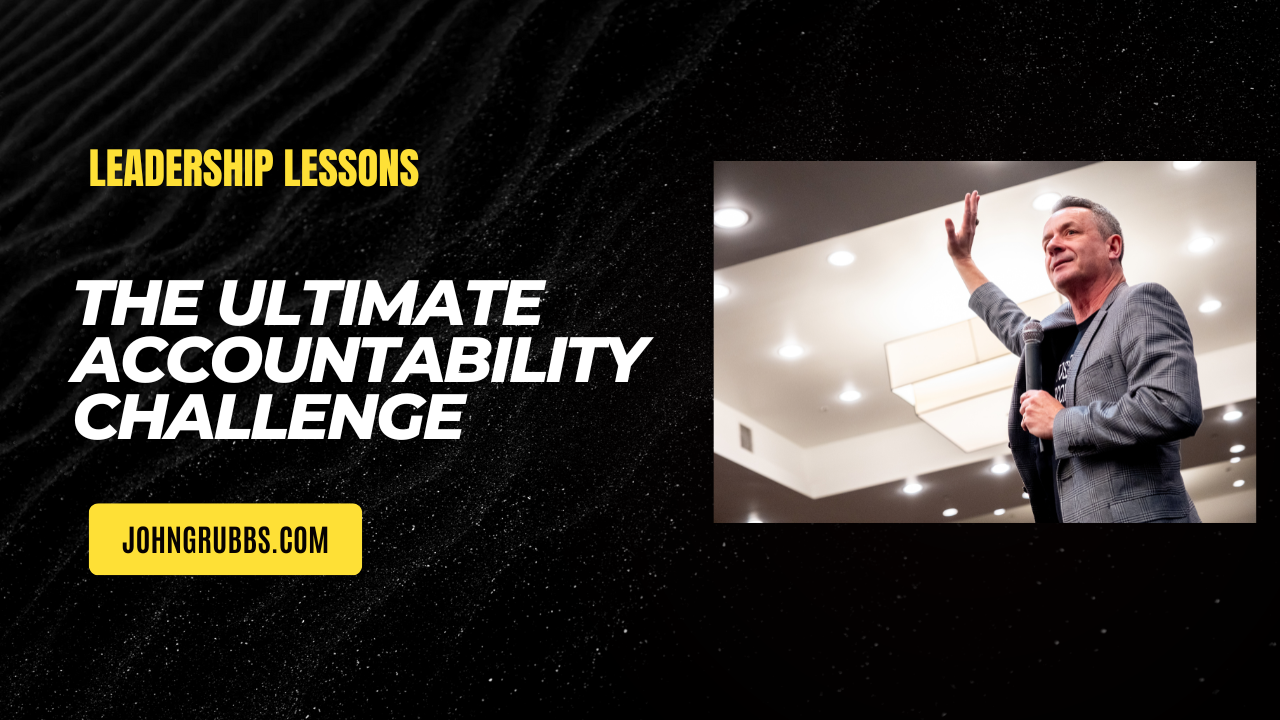
In the heart of Silicon Valley, an executive named James Carson found himself in the crosshairs of an existential crisis. For years, James had been the golden boy of the tech world, steering his company, InnovateX, through the turbulent waters of the startup ecosystem to the calm seas of industry dominance. But now, standing at the pinnacle of success, he felt an insidious sense of stagnation creeping into his leadership and, by extension, his company.

Emma had always prided herself on her leadership skills. As the head of a successful marketing team at Zenith Solutions, she was known for her attention to detail, commitment to excellence, and unwavering dedication to meeting deadlines. However, beneath this veneer of confidence lay a truth that Emma was unaware of: she was an accidental diminisher.

Harold Thorpe had always been a figure of admiration in the business world. With his crisp suits, sharp intellect, and a history of turning struggling companies into industry leaders, he was the epitome of corporate success. Harold's decisions had been almost prophetic for decades, guiding his companies through economic storms with unwavering confidence. But now, as he sat in his corner office on the 42nd floor of the sleek glass tower that bore his company's name, he felt an unfamiliar gnawing in his chest—a feeling he couldn't quite shake off.

Positive stress promotes growth in life. Too many executives are fearful or ignorant about the benefits of creating stress as a path toward higher performance. In today’s fast-paced and complex work environments, achieving high performance from teams and team members is paramount. Senior leaders are crucial in shaping the environment and dynamics that foster this performance. Two powerful concepts are social learning and adaptive stress. When effectively integrated, these strategies can drive exceptional outcomes, fostering a culture of continuous improvement, resilience, and collaboration.

In their seminal work, The Art of Possibility, Rosamund Stone Zander and Benjamin Zander offer a transformative perspective on how individuals can redefine their lives to achieve their true potential. At the core of their philosophy is the idea that life is a construct—a creation of our own, shaped by our thoughts, beliefs, and actions. Much like a block of stone, this construct holds immense potential waiting to be unveiled. By chipping away at limiting beliefs and societal expectations, we can reveal our inner beauty and craft a life that aligns with our definitions of success and happiness.

As we look toward the future, one of the most profound changes on the horizon is the transformation of personal transportation. For Generation Z, born between the late 1990s and early 2010s, driving symbolizes independence and freedom. However, their grandchildren are poised to experience a very different reality. The rapid advancement and proliferation of autonomous vehicles, controlled by sophisticated artificial intelligence (AI), are set to revolutionize transportation, making driving an optional skill rather than a necessity.

Effective leadership and cohesive team dynamics are crucial for success in today's dynamic and often challenging workplace environment. Adlerian psychology contributes significantly to this understanding, mainly through task separation and accountability. Rooted in the work of Alfred Adler, these principles offer valuable insights into enhancing productivity and fostering a collaborative workplace culture.

This thinking can be controversial because it diverges from the popular psychology many of us learned in school. I encourage you to consider this work as a new way of understanding the impact of past experiences on our current lives. Alfred Adler, a pioneering figure in psychology, introduced a holistic approach to understanding human behavior that emphasizes social interest, community feeling, and goal orientation.

Bullying in the workplace is a pervasive issue that can have detrimental effects on individuals and organizations alike. Confronting a bully at work requires strategic thinking, assertiveness, and a commitment to fostering a healthy and respectful work environment. This article outlines practical strategies for addressing workplace bullying and achieving resolution through effective confrontation.

Let's face reality: yearly reviews should be extinct. Top performers hate them, and most managers are terrible at delivering them. In business management, annual performance appraisals are standard practice for evaluating employee performance, setting goals, and making decisions about promotions, pay raises, and terminations. However, beneath their seemingly systematic structure lies a cognitive bias that often skews the evaluation process: the Peak End rule.

In the glitzy world of corporate leadership, the image often projected is one of unyielding confidence, steely determination, and unwavering resolve. Yet, behind closed doors, many CEOs and business leaders grapple with a reality that often remains unseen: the burden of stress and the weight of responsibility can sometimes become overwhelming, prompting these individuals to withdraw into the solace of their minds. This article delves into CEOs and business leaders retreating under stress, constructing narratives within their minds, and hesitating to seek outside help.

In the fast-paced business world, stress can sometimes feel like an unavoidable companion on the journey to success. As CEOs and senior executives, we often face immense pressure, whether it's from market fluctuations, competitive challenges, or internal struggles within our organizations. During these times of stress, the temptation to withdraw and retreat from the chaos can be intense. However, the dangers of succumbing to this temptation are significant and can have long-lasting repercussions for both ourselves and our companies.